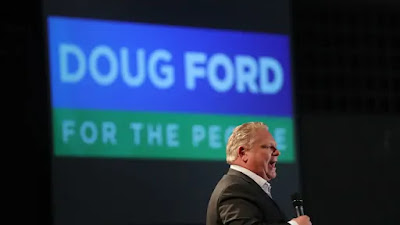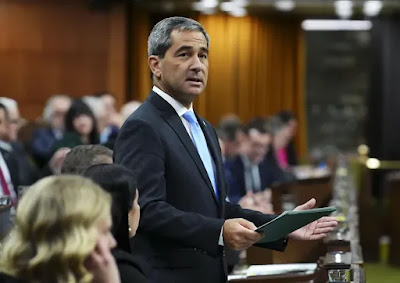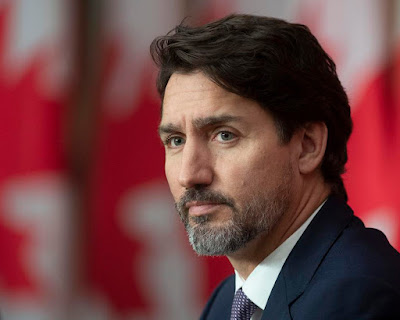Judy Rebick wonders what has happened to democracy in Ontario:
Last June we had an election where a Conservative government won a decisive majority of seats with 41 per cent of the popular vote and only 43.5 per cent of people even bothering to vote. The Premier has been doing everything he can to destroy everything most of us value. One of the few high points of the last couple of years has been the CUPE education workers militant response to the government’s attempt to wipe out union rights to bargain collectively and to strike. The response from the rest of the labour movement was powerful and forced the government to repeal Bill 28, a first that I can remember. Nevertheless, our democratic rights and the environment are still under attack.
At the moment, the battle is all about privatizing health-care:
The Premier has introduced a bill that basically offers to the highest bidder a significant portion of our health care system. But you can still use your OHIP card. Right. And I’ve got a bridge I can sell you. When Mike Harris tried something similar the labour movement and social movements joined together for a massive one-day general strike. It didn’t change anything because Mike Harris was a sociopath who never backed down but now we have Doug Fraud, who will back down the minute he thinks he’s in trouble.
We have a government at Queen’s Park that is prepared to destroy every progressive measure we have fought for over the last 50 years. I am glad to see people are mobilizing to oppose them but we need to build a broad progressive intersectional movement that unites all those under attack. Hopefully, this is a start.
As long as Doug is in the driver's seat, things are going to be tough.
Image: Fox News

























